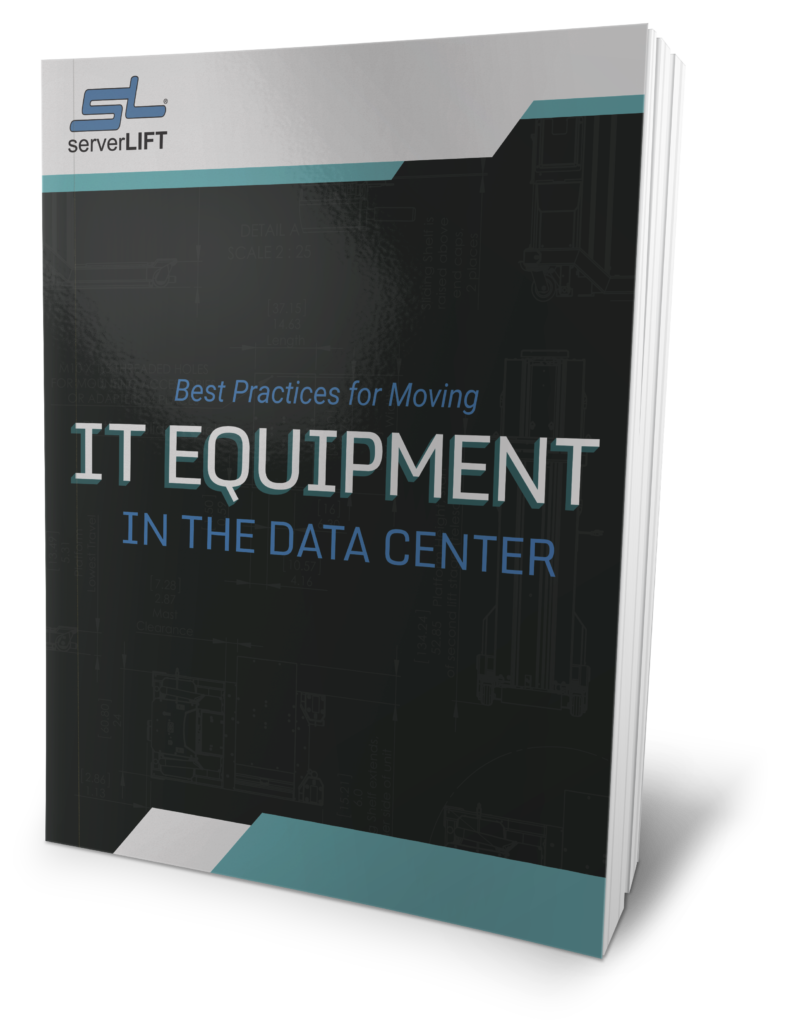To defeat an enemy, first you have to understand them. Hackers are constantly in search of loop holes in the security of websites. While many website owners and hosting providers are aware of possible hacker attacks, they may have a hazy grasp of what motivates cybercriminals. The days when the majority of hackers were in it for the “lulz” have passed: cybercrime is big business, and there is a lot of money to be made from hacking sites.
In this article we are going to look at five of the major reasons hackers compromise websites.
Why Do Hackers Hack?
In a recent assessment of corporate security from Kaspersky Labs, five major motivations for attacks against corporate infrastructures were highlighted as:
- Causing financial loss
- Damaging reputation
- Destruction of data and blocking of operations
- Information theft
- Stealing money
While this list is an accurate representation of the motivations of the majority of hackers, there are specific strategies that are used against websites.
The Reasons Hackers Want to Control Your Sites and Servers:
Gather User Data
Once a hacker has found his or her way behind your websites security, they have the ability to access your user information. They are likely to steal user information from databases or by injecting a code into a websites page that will allow them to gather data as it is entered into login forms.
Modifying On-Page Content
For the most part, hackers do not want site owners to know they have been hacked. It is more profitable for them to stay in the shadows and make use of the visitors and resources over the long-term. So most of them will not make obvious changes to the viewable content, but they may insert their own advertising onto pages or add JavaScript code to redirect users to sites where malware is hosted, which brings us to our next motivation.
Serving Malware
In many cases, hackers do not care about your site or your data at all. Instead, they want to use the site as a vector for installing malware onto the machines of your visitors. Serving malware can be hugely damaging to a websites reputation and to its SEO — if Google identifies that a site is serving malicious code it will be dropped from the search index.
Botnets
Again, in this case it is not so much your site that hackers are interested in. They want to use the websites hosting resources as part of a botnet that can take part in distributed denial of service attacks against the sites that are their true target, or other malicious behaviors that require access to large amounts of distributed computing power.
Storage
Finally, hackers may want to simply use your hosting as a place to store files.
Konklusjon
Hopefully, this list gives you some insight into the motivations of hackers. One of the most important lessons to learn is that it is never wise to think your site is safe because it is not well-known or popular.
The majority of attackers do not care about the specific details of the sites they attack; they merely want to use their hosting resources against other sites. Sites large and small can become the victim of hackers, and all site owners need to pay close attention to their security if they want to avoid becoming part of a cybercriminals toolkit.
Om Graeme Caldwell — Graeme works as an inbound marketer for InterWorx, a revolutionary web hosting control panel for hosts who need scalability and reliability. Follow InterWorx on Twitter at @interworx, Like them on Facebook and check out their blog, http://www.interworx.com/community.











